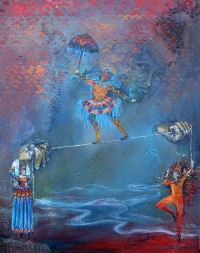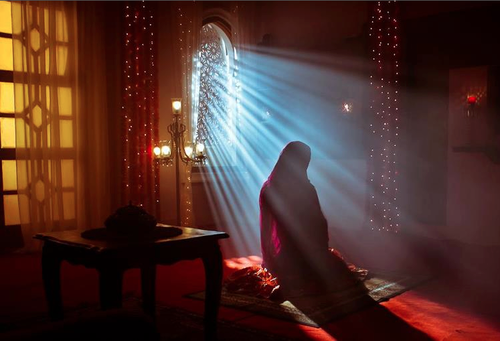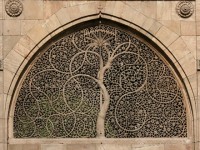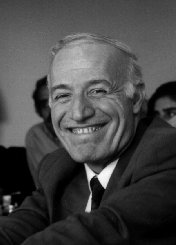Hold to the Rope of God
If you feel as if you are living through uncertain, disturbing, hopeful, chaotic times, you're not alone. Given the harsh economic demands, the frenzy of everyday life, the delusions of the prevailing culture, keeping our spiritual life alive requires not just intention but a passion for the Truth. It is that passion that will bring the consistent and deep practice, the deep remembrance and trust that will guide us to the Truth. Recently, a national group of activists held a conference here in Santa Cruz on the theme of a Truth Emergency. Given the national corporate media, not only is reporting distorted, there is virtually a black-out of the major issues that should concern us. There seems to be a tragic failure of leadership.










